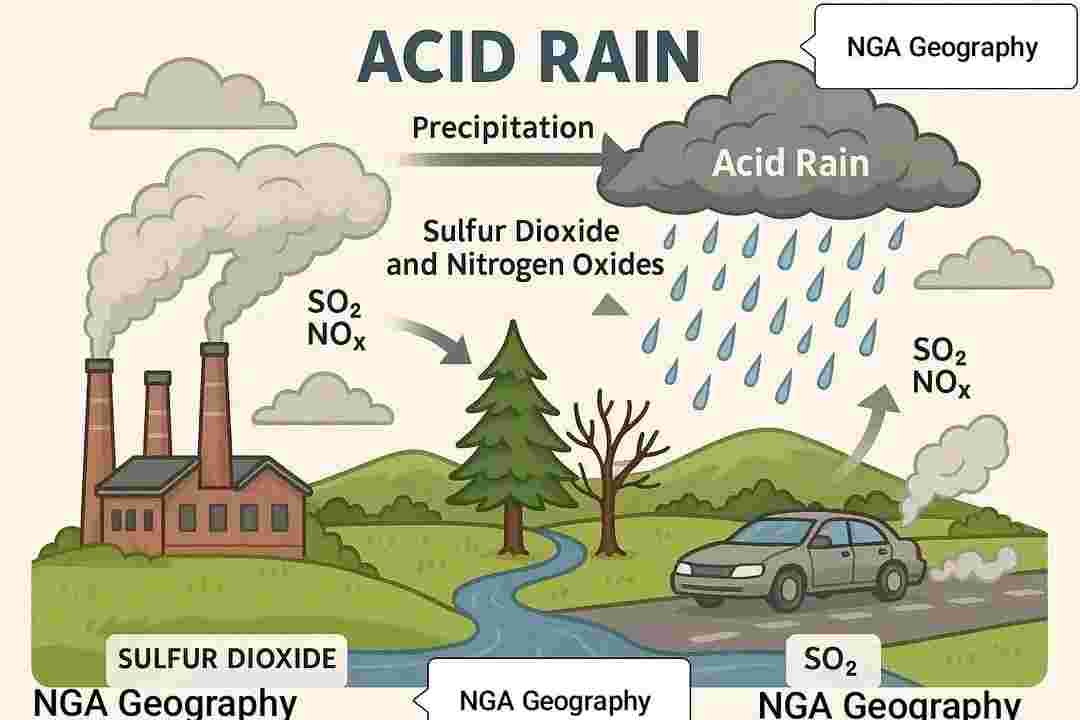A PASTOR'S BETRAYAL
PART 2
Grace sat in the front pew of the church, her fingers nervously twisting the hem of her lace scarf. The air smelled of polished wood and faint incense, and the stained-glass windows painted colorful patterns on the floor. She had come early, hoping to speak to Pastor Gideon before the service began.
Her heart pounded as she rehearsed what she would say. "Pastor, my marriage is falling apart over small things. Michael doesn’t talk to me anymore. We used to be happy, but now… I don’t know what to do."
When the pastor finally emerged from his office, his smile was warm, his eyes kind. He looked like a man who carried the wisdom of God in his voice.
"Sister Grace," he said, placing a gentle hand on her shoulder. "You look troubled. Come, let’s talk."
Inside his office, Grace poured out her heart—how Michael was always busy, how they barely spoke, how she felt like a ghost in her own home. She expected comfort, maybe even prayer. But Pastor Gideon leaned back in his chair, stroking his beard as if God Himself had whispered a revelation into his ear.
"My daughter," he said, his voice smooth as honey, "sometimes what we think is a trial is actually God’s way of redirecting us."
Grace frowned. "What do you mean, Pastor?"
He sighed dramatically. "Perhaps… this marriage is not God’s will for you anymore."
Grace’s breath caught. Not God’s will? After eighteen years?
The pastor continued, his voice dropping to a whisper. "A man who neglects his wife is not a man of God. And you, Sister Grace, are too precious to waste your life waiting for love that isn’t there."
Her hands trembled. "But… we took vows. What about forgiveness? What about trying?"
Pastor Gideon shook his head sadly. "Some people are sent to test us, not to stay with us. Maybe God is calling you to let go."
Grace felt dizzy. This wasn’t what she had come for. She had wanted hope—a way to fix her marriage. Not… this.
The church doors closed behind her, and the bright sunlight felt like a cruel joke. Grace stumbled down the street, her vision blurred by tears.
"Leave him?"* How could that be God’s plan?
Yet the pastor’s words slithered into her mind, whispering doubts. "Michael doesn’t love you. You deserve better. God wants you free."
By the time she reached her house, her chest ached as if someone had reached inside and ripped out her heart. She barely made it to the bedroom before collapsing onto the bed, sobbing into the pillow.
Downstairs, Michael sat at the dining table, flipping through contracts. The sound of Grace’s cries floated down the hallway, but he didn’t look up.
When she finally came downstairs, her eyes red and swollen, he barely glanced at her.
"You, okay?" he asked absently, not waiting for an answer before turning back to his papers.
Grace stared at him, her heart breaking all over again.
He doesn’t even see me.
Pastor Gideon’s voice echoed in her mind: "You’re wasting your life."
For the first time in eighteen years, Grace wondered if the pastor was right.
That night, she couldn’t sleep. Every time she closed her eyes, she saw two paths:
1. Stay and fight for her marriage—but what if Michael never changed?
2. Leave and trust "God’s plan"—but what if the pastor was wrong?
Meanwhile, miles away, Pastor Gideon sat in his lavish home, counting the offerings from Sunday’s service. His phone buzzed—a message from a wealthy widow in his congregation. He smiled.
Then he thought of Grace. Vulnerable. Heartbroken. Married to a rich man.
Perfect.
He sent her a text:
"Sister Grace, God laid you on my heart tonight. Remember—He never closes a door without opening a window. I’m here for you."
Grace read the message in the dark, tears rolling down her face.
She had no idea the window the pastor wanted to open… led straight into a trap.
TO BE CONTINUED...
A PASTOR'S BETRAYAL
PART 2
Grace sat in the front pew of the church, her fingers nervously twisting the hem of her lace scarf. The air smelled of polished wood and faint incense, and the stained-glass windows painted colorful patterns on the floor. She had come early, hoping to speak to Pastor Gideon before the service began.
Her heart pounded as she rehearsed what she would say. "Pastor, my marriage is falling apart over small things. Michael doesn’t talk to me anymore. We used to be happy, but now… I don’t know what to do."
When the pastor finally emerged from his office, his smile was warm, his eyes kind. He looked like a man who carried the wisdom of God in his voice.
"Sister Grace," he said, placing a gentle hand on her shoulder. "You look troubled. Come, let’s talk."
Inside his office, Grace poured out her heart—how Michael was always busy, how they barely spoke, how she felt like a ghost in her own home. She expected comfort, maybe even prayer. But Pastor Gideon leaned back in his chair, stroking his beard as if God Himself had whispered a revelation into his ear.
"My daughter," he said, his voice smooth as honey, "sometimes what we think is a trial is actually God’s way of redirecting us."
Grace frowned. "What do you mean, Pastor?"
He sighed dramatically. "Perhaps… this marriage is not God’s will for you anymore."
Grace’s breath caught. Not God’s will? After eighteen years?
The pastor continued, his voice dropping to a whisper. "A man who neglects his wife is not a man of God. And you, Sister Grace, are too precious to waste your life waiting for love that isn’t there."
Her hands trembled. "But… we took vows. What about forgiveness? What about trying?"
Pastor Gideon shook his head sadly. "Some people are sent to test us, not to stay with us. Maybe God is calling you to let go."
Grace felt dizzy. This wasn’t what she had come for. She had wanted hope—a way to fix her marriage. Not… this.
The church doors closed behind her, and the bright sunlight felt like a cruel joke. Grace stumbled down the street, her vision blurred by tears.
"Leave him?"* How could that be God’s plan?
Yet the pastor’s words slithered into her mind, whispering doubts. "Michael doesn’t love you. You deserve better. God wants you free."
By the time she reached her house, her chest ached as if someone had reached inside and ripped out her heart. She barely made it to the bedroom before collapsing onto the bed, sobbing into the pillow.
Downstairs, Michael sat at the dining table, flipping through contracts. The sound of Grace’s cries floated down the hallway, but he didn’t look up.
When she finally came downstairs, her eyes red and swollen, he barely glanced at her.
"You, okay?" he asked absently, not waiting for an answer before turning back to his papers.
Grace stared at him, her heart breaking all over again.
He doesn’t even see me.
Pastor Gideon’s voice echoed in her mind: "You’re wasting your life."
For the first time in eighteen years, Grace wondered if the pastor was right.
That night, she couldn’t sleep. Every time she closed her eyes, she saw two paths:
1. Stay and fight for her marriage—but what if Michael never changed?
2. Leave and trust "God’s plan"—but what if the pastor was wrong?
Meanwhile, miles away, Pastor Gideon sat in his lavish home, counting the offerings from Sunday’s service. His phone buzzed—a message from a wealthy widow in his congregation. He smiled.
Then he thought of Grace. Vulnerable. Heartbroken. Married to a rich man.
Perfect.
He sent her a text:
"Sister Grace, God laid you on my heart tonight. Remember—He never closes a door without opening a window. I’m here for you."
Grace read the message in the dark, tears rolling down her face.
She had no idea the window the pastor wanted to open… led straight into a trap.
TO BE CONTINUED...









